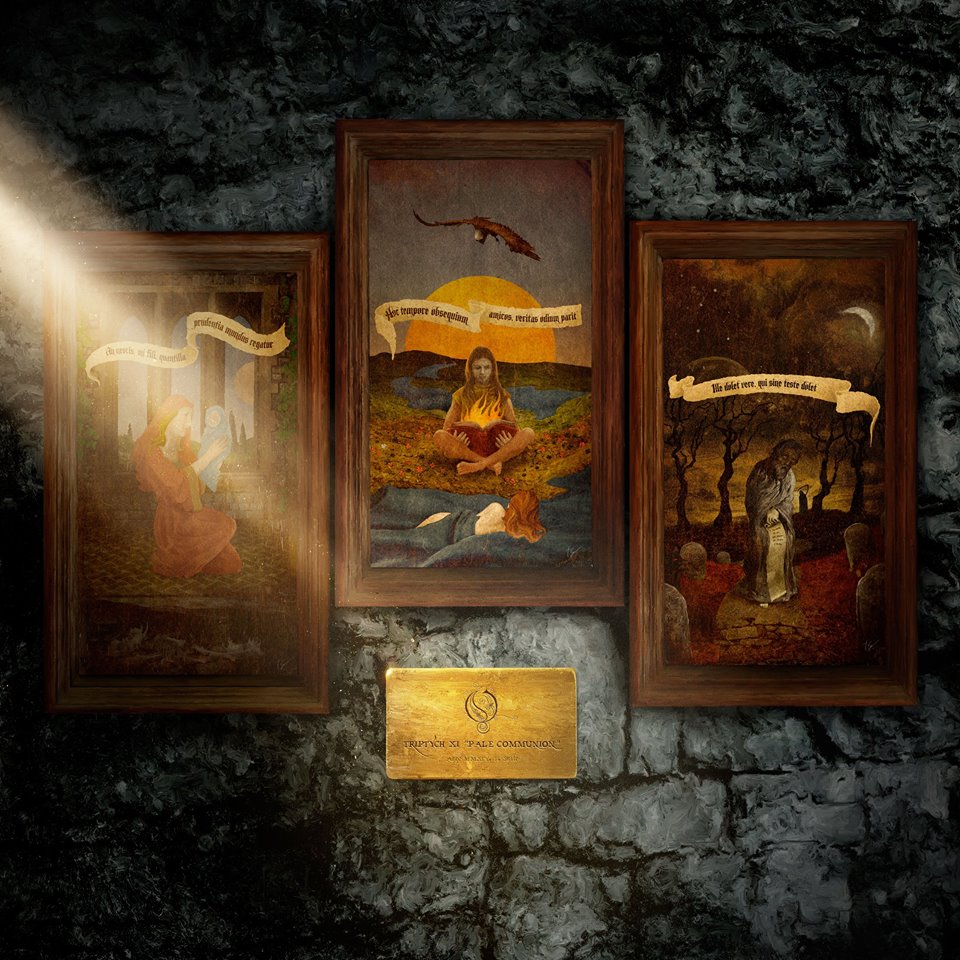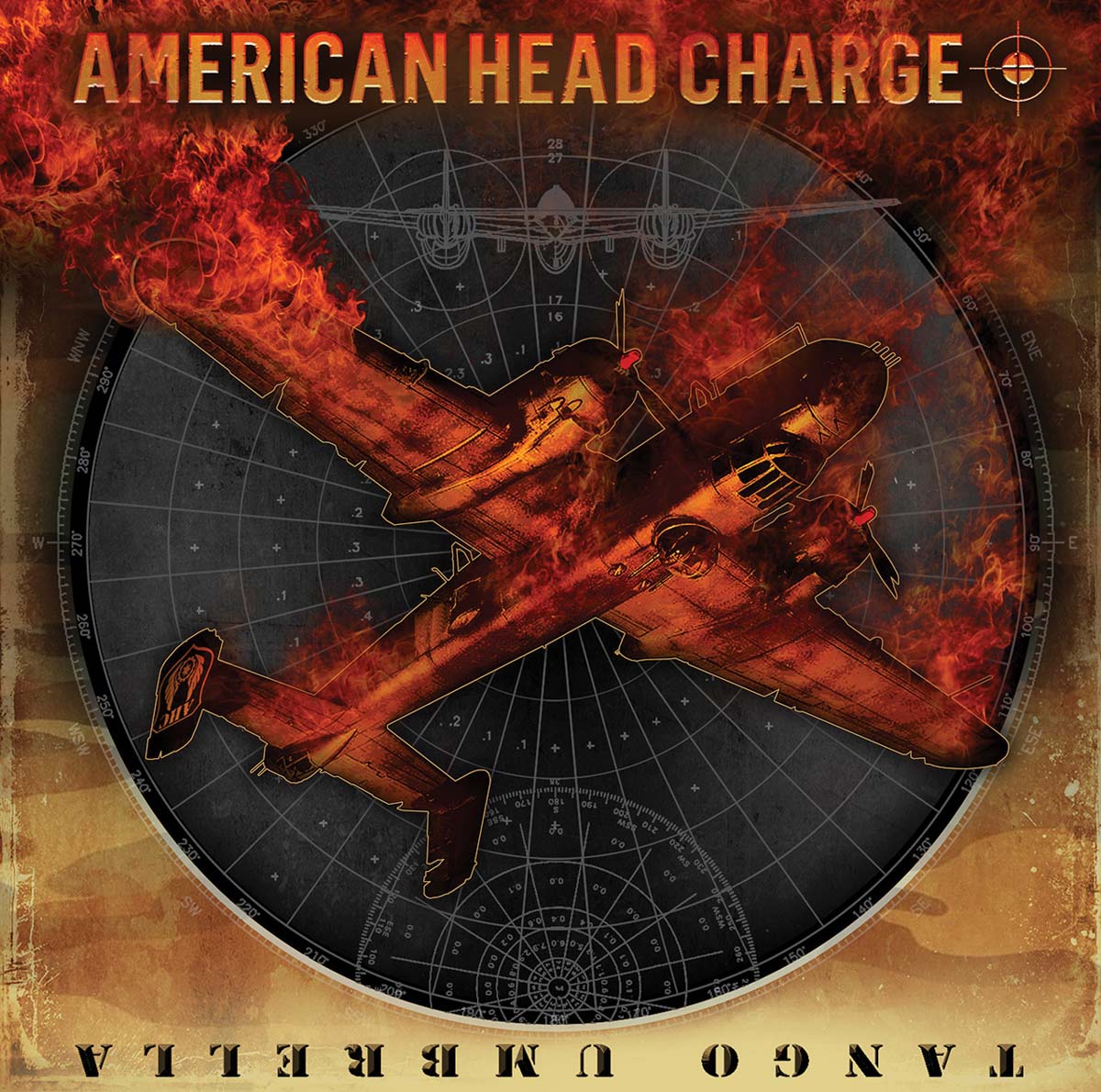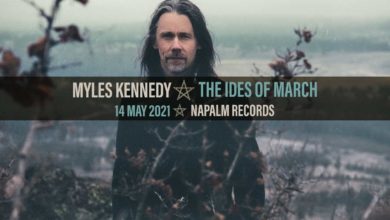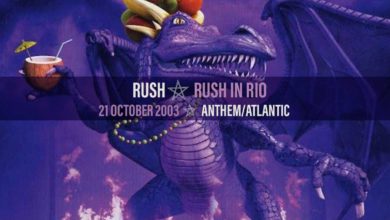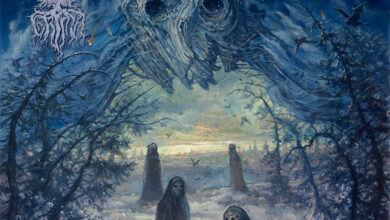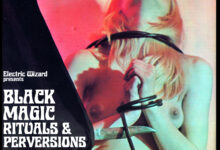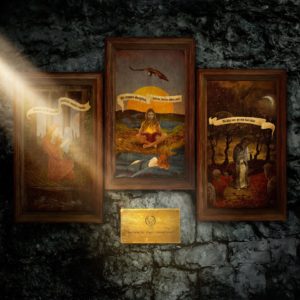 Opeth’s latest studio release on Roadrunner Records, Pale Communion, proves to be their strongest effort since 2008’s Watershed, which marked a turning point in the band’s stylistic evolution. Following Watershed, the band released Heritage in 2011, an album that many critics regarded as a stark departure from the band’s original direction. Indeed, the album triggered a causal chain of butt-hurt that continues to ripple through the band’s fanbase to this very day. Many fans lamented the absence of Mikael Åkerfeldt’s growl vocals, which up to this point played an integral role in defining Opeth’s sound.
Opeth’s latest studio release on Roadrunner Records, Pale Communion, proves to be their strongest effort since 2008’s Watershed, which marked a turning point in the band’s stylistic evolution. Following Watershed, the band released Heritage in 2011, an album that many critics regarded as a stark departure from the band’s original direction. Indeed, the album triggered a causal chain of butt-hurt that continues to ripple through the band’s fanbase to this very day. Many fans lamented the absence of Mikael Åkerfeldt’s growl vocals, which up to this point played an integral role in defining Opeth’s sound.
The fallout from Heritage made Pale Communion one of the top anticipated metal albums of 2014. However, the band continues to evolve and fans that mourned the loss of the growl will have to cry themselves to sleep a bit longer, as the latest album has no trace of growling vocals. Instead, Åkerfeldt leverages his very distinct clean vocal style, and those that enjoyed songs like “Burden” from Watershed, or for that matter anything from 2003’s Damnation album will appreciate the vocals on Pale Communion. While Watershed was still a very ‘heavy’ album and, in my opinion, clearly in the realm of death metal, Pale Communion continues down the path of Heritage into the more experimental territory of circa late 70’s progressive music.
Pale Communion was produced by Mikael Åkerfeldt and mixed by Steven Wilson, founder of the British progressive band Porcupine Tree. Having Wilson behind the console is part of the equation that ultimately defines the sound of Pale Communion.
The cover art was designed by American graphic artist Travis Smith, who has an extenisive portfolio of metal bands with whom he has worked and has designed several Opeth album covers and artwork since 1999. The cover of Pale Communion features three panels with Latin text. The first is a quote from Swedish statesman, Axel Oxenstierna: “An nescis, mi fili, quantilla prudentia mundus regatur?” (“Don’t you know, my son, with how little wisdom the world is governed?“). The middle panel features a quote from Terence: “Hoc tempore obsequium amicos, veritas odium parit” (“In these days friends are won through flattery, the truth gives birth to hate“). And the final panel reads “Ille dolet vere qui sine teste dolet” (“He grieves truly who grieves without a witness“), a quote from Macus Valerius Martialis – Epigrammaton Liber.
Eternal Rains Will Come: The first track on the album starts with a very recognizable retro-prog feel, starting out with a full sound and some tasty drum fills then transitioning into a softer section before settling into the main riff consisting of some spiraling keyboards over a solid foundation laid down by bass and drums. When the vocals come in they are full and layered with harmonies, reminding me of bands like Kansas or CSNY. No matter what the stylistic, Opeth always retains their classic dark vibe, with lyrics like “When the flood comes to drown us there’s nothing we can do.” Check out the video below.
Cusp of Eternity: The first single off the album is probably also the most accessible, with a driving guitar riff that propels the song forward while showcasing some great drumming and classic Opeth guitar soloing along the way.
Moon Above, Sun Below: The longest song on the album is the third track, clocking in at just under 11 minutes. The song starts off with a great groove that breaks into a heavier riff, followed by another slow section before breaking out again into some heavier progressive parts. The song has many sections that showcase the wide musical possibilities that the entire band is capable of creating. The last half of the song moves into a creepy little keyboard and bass riff, and towards the end of the song Åkerfeldt states that “There is no Hell (still some cling to a phantom).” Having spent some time in the realm of social media, I am more inclined to agree with Sartre’s famous proclamation that “hell is other people.”
Elysian Woes: The fourth track could have easily made it’s way onto the Damnation album and shows the ability of the band to write softer sounding music that still retains the darker and more melancholy emotions that Opeth does so well.
Goblin: Possibly a musical fist-bump toward Italian instrumental progsters, Goblin, this track is entirely instrumental.
River: Another lighter song starting with acoustic guitars and harmony vocals before breaking into a lead guitar part that has an almost southern rock feel to it. After a brief keyboard interlude the band rips into some good old-fashioned Opeth-style guitar leads and progressive jamming.
Voice of Treason: One thing has always been true of Opeth, their songs are more accurately described as “compositions” and that is clear on the final two tracks on Pale Communion. “Voice of Treason” has a great drum groove that progresses toward a suspenseful keyboard “string” part before opening up into a heavier full chorus that has some nice nylon-string guitar parts woven in, creating an exotic tapestry of sound. This is probably my favorite track on the album.
Faith in Others: “Faith in Others” fades in from the end of the previous track with a lush, layered keyboard part sounding like strings and woodwinds, and is a masterful work of musical writing that takes the listener into the familiar territory of sadness and despair. I really enjoyed the soft drumming with ghosts notes on the snare and ride cymbal.

